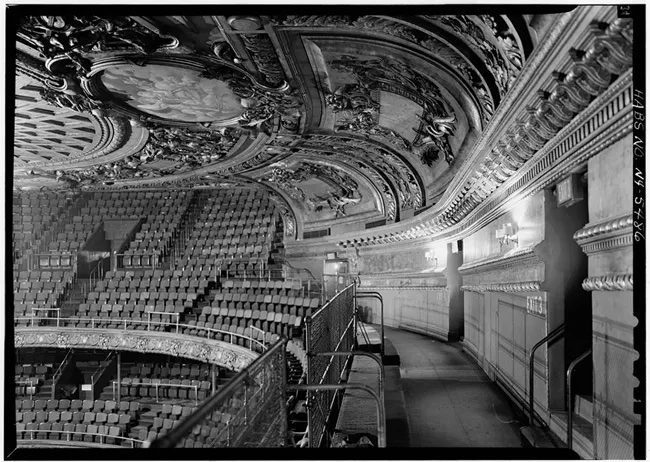
Sounding the Death Knell of Civilization: New York’s Metropolitan Opera Charts a Foolish New Course
One might imagine that the Met may have learned a powerful lesson from its present plight and uncertain future, but unfortunately not.

One might imagine that the Met may have learned a powerful lesson from its present plight and uncertain future, but unfortunately not.

An apt but uncharitable description of Medea’s incongruities might paraphrase Woody Allen’s description of a monster as a being with the body of a crab and the head of a social worker to say that Cherubini’s work sounds like a Mozart opera with a Beethoven overture.
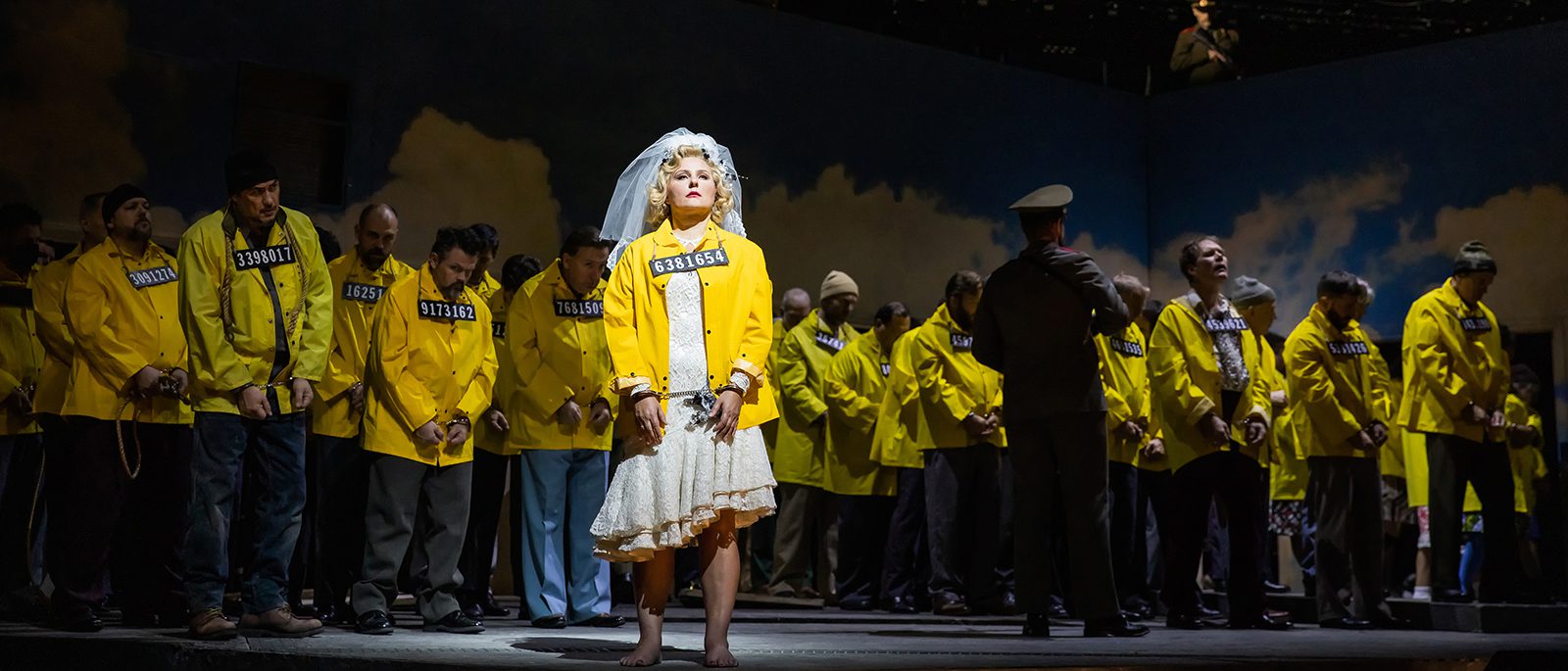
Conductor Keri-Lynn Wilson’s deft, efficient gestures captured the performance with balance between its driving sonic eccentricities and subtler and more contemplative passages.

There is no indication that anyone’s opinion of climate change is different now from what it was before the souping.

London’s National Gallery ventured to assemble what it described as the first exhibition outside Italy “to encompass all aspects of Raphael’s artistic activity across his career.”

Warlikowski’s productions tend toward the visceral. His exploration of the opera’s mythological content led him to profound meditations on the fluidity of space and time, of the real and the unreal.
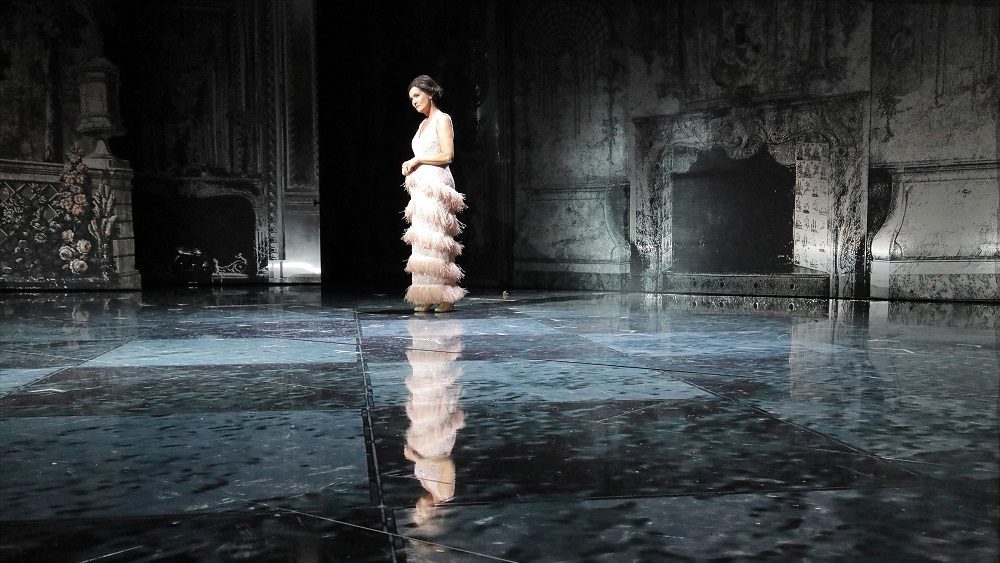
If the visuals left us baffled and disappointed, the musical performance reached toward the stars. The superb soprano Marlis Petersen delivered a sensitive, nuanced Marschallin that captured the character’s emotional dilemmas with a pathos unseen since Renée Fleming gave up the role five years ago.
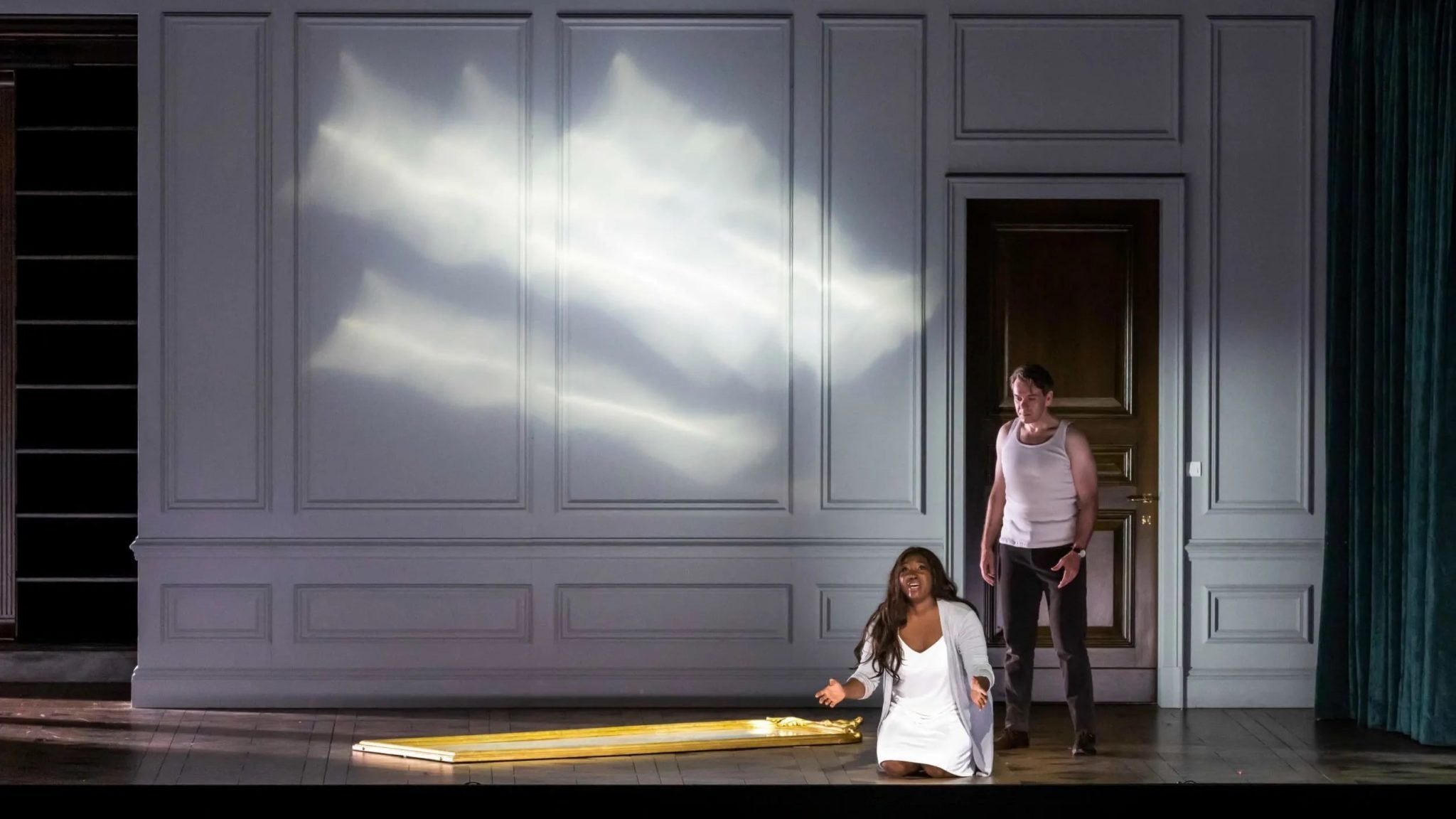
Tobias Kratzer successfully framed the tale’s tension between the temptation of lustful vice and the promise of salvation as a modern ‘crise de conscience.’
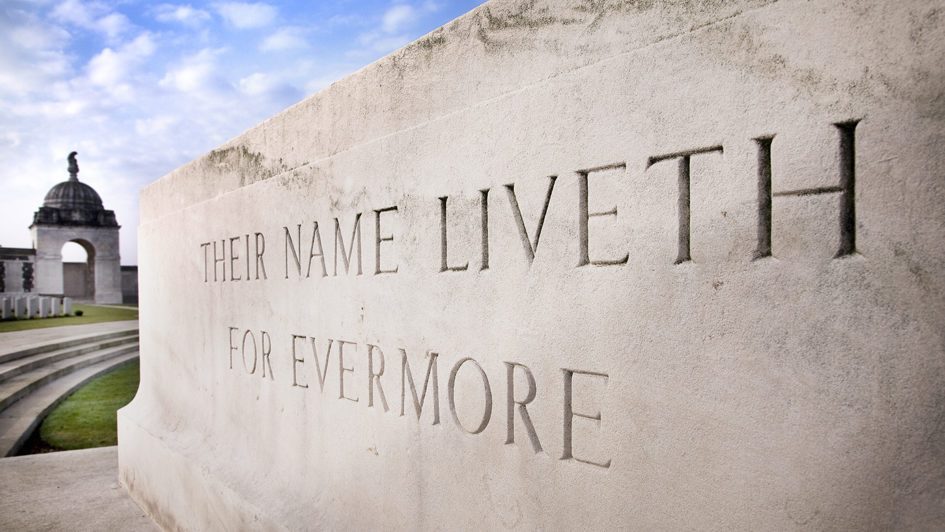
Visiting Ypres today is a somber affair. The surrounding farmlands were the main battlefield, but the town itself was almost totally destroyed by German bombardment in the autumn of 1914. The devastation was so great that Winston Churchill wanted to depopulate the town and transform its environs into a vast memorial site.

Isabel Leonard’s portrayal of Carmen was commendably human in a world that often also demands some kind of ideology to peer out from the character.